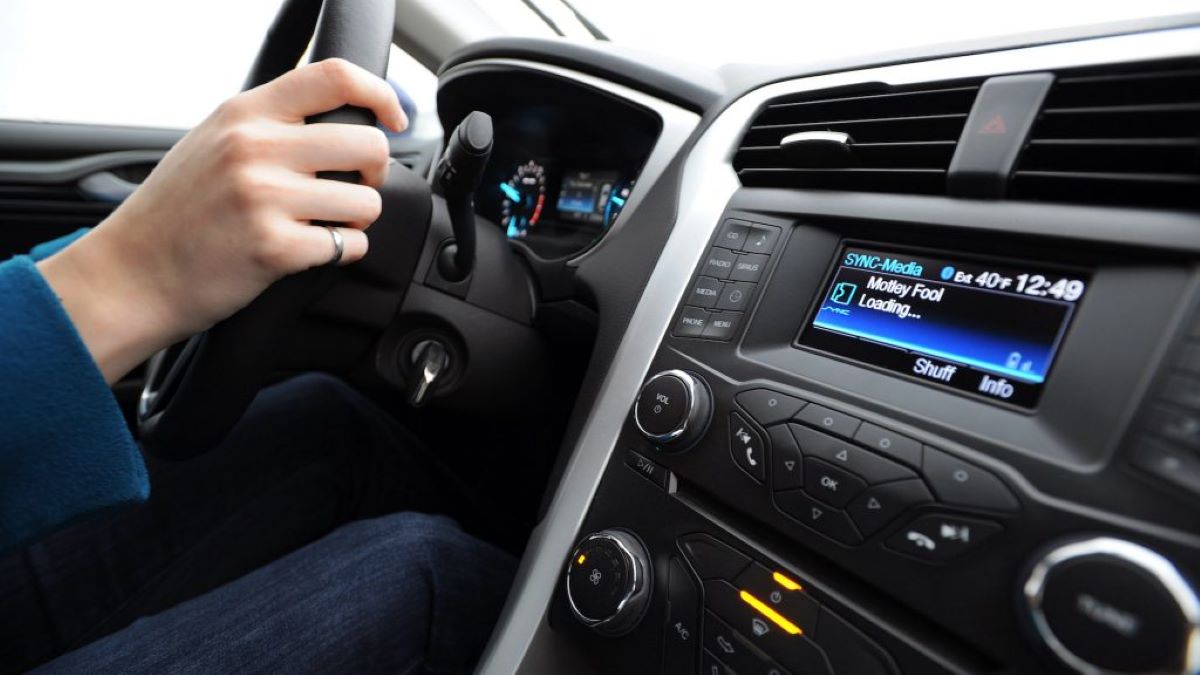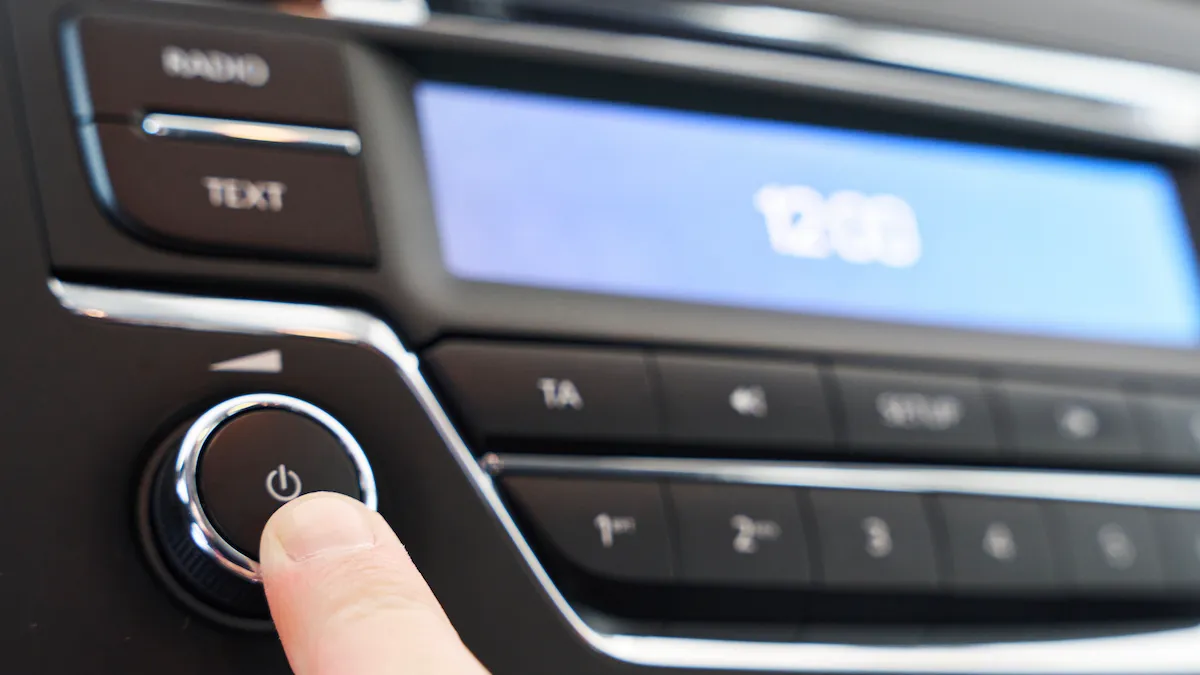A contentious bill that would mandate the inclusion of AM radios in all new vehicles appears poised to become law soon.
On Tuesday, Senator Edward Markey announced that the AM Radio for Every Vehicle Act has garnered the backing of 60 U.S. Senators and 246 cosponsors in the House of Representatives, making its passage highly likely.
If enacted, the National Highway Traffic Safety Administration would be tasked with ensuring that all newly manufactured cars sold in the U.S. come equipped with AM radios at no additional cost.
“Both Democrats and Republicans are listening to the millions of radio users, thousands of broadcasters, and numerous emergency management officials who rely on AM radio in their vehicles.
AM radio serves as a crucial source of news, sports, and local updates, particularly in times of crisis. Our practical legislation guarantees that this essential medium doesn’t disappear from vehicles.
With a filibuster-proof majority in the Senate, Congress should move swiftly to pass it,” said Markey and his cosponsor, Senator Ted Cruz.
According to the National Association of Broadcasters, approximately 82 million people still tune into AM radio. Naturally, the industry group welcomed the strong congressional support for maintaining AM radio accessibility.
“Broadcasters deeply appreciate the overwhelming bipartisan endorsement of the AM Radio for Every Vehicle Act in both the House and Senate,” stated NAB President and CEO Curtis LeGeyt.
“This broad congressional backing underscores the recognition of AM radio’s vital role, particularly in emergency scenarios.
NAB extends its gratitude to the 307 members of Congress who are championing the importance of preserving universal access to this fundamental communication channel.”
Why Are Automakers Dropping AM Radio?
The push for this bill stems from the fact that several automakers have started to eliminate AM radios from new vehicles, particularly in electric models.
One of the main reasons is the electromagnetic interference generated by electric motors, which can result in poor audio quality.

Rather than dealing with potential customer dissatisfaction, some manufacturers have opted to remove the feature altogether.
However, this issue isn’t exclusive to electric vehicles. Last year, it was revealed that the redesigned Ford Mustang coupe would also forgo AM radio.
Ford explained that radio stations are modernizing by offering internet streaming via mobile apps, as well as FM, digital, and satellite radio options, all of which would still be available in their vehicles.
In response to inquiries from lawmakers, eight automakers BMW, Ford, Mazda, Polestar, Rivian, Tesla, Volkswagen, and Volvo—informed a Senate committee that they were discontinuing AM radio in their vehicles.
According to Senator Markey’s office, this decision “undermines the Federal Emergency Management Agency’s system for disseminating critical public safety information.”
Supporters of the legislation argue that AM radio’s role as an emergency alert platform is a key reason for ensuring its continued presence in vehicles.
Opposition from Tech and Auto Industries
Critics of the bill, including the Consumer Technology Association, challenge the argument that AM radio remains essential for emergency alerts.
In October 2023, the Federal Emergency Management Agency (FEMA) and the Federal Communications Commission (FCC) conducted a nationwide test of the emergency alert system.
According to the CTA, which surveyed 800 U.S. adults, 95% of respondents received the alert, but only 6% heard it via radio, with just 1% receiving it on AM radio. Instead, 92% received the notification on their smartphones.
“Mandating the inclusion of analog AM radios in vehicles is an unnecessary step that could negatively impact electric vehicle range, efficiency, and affordability at a pivotal time for EV adoption,” said Albert Gore, executive director of ZETA, a clean vehicle advocacy group opposing the bill.
“Requiring AM radio would have minimal impact on drivers’ ability to receive emergency alerts.
In an era of unprecedented connectivity, we urge Congress to allow automakers to innovate and design vehicles according to consumer preferences rather than enforcing a specific communication technology,” Gore stated.

